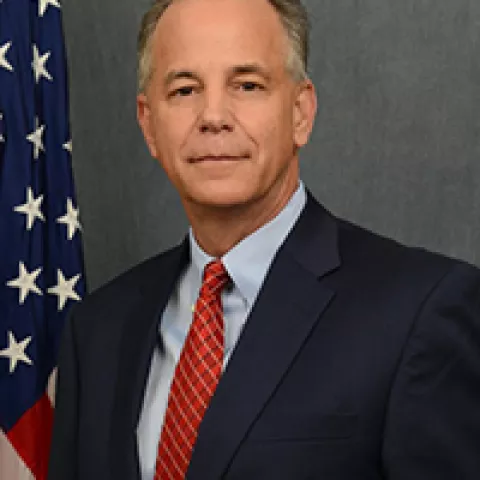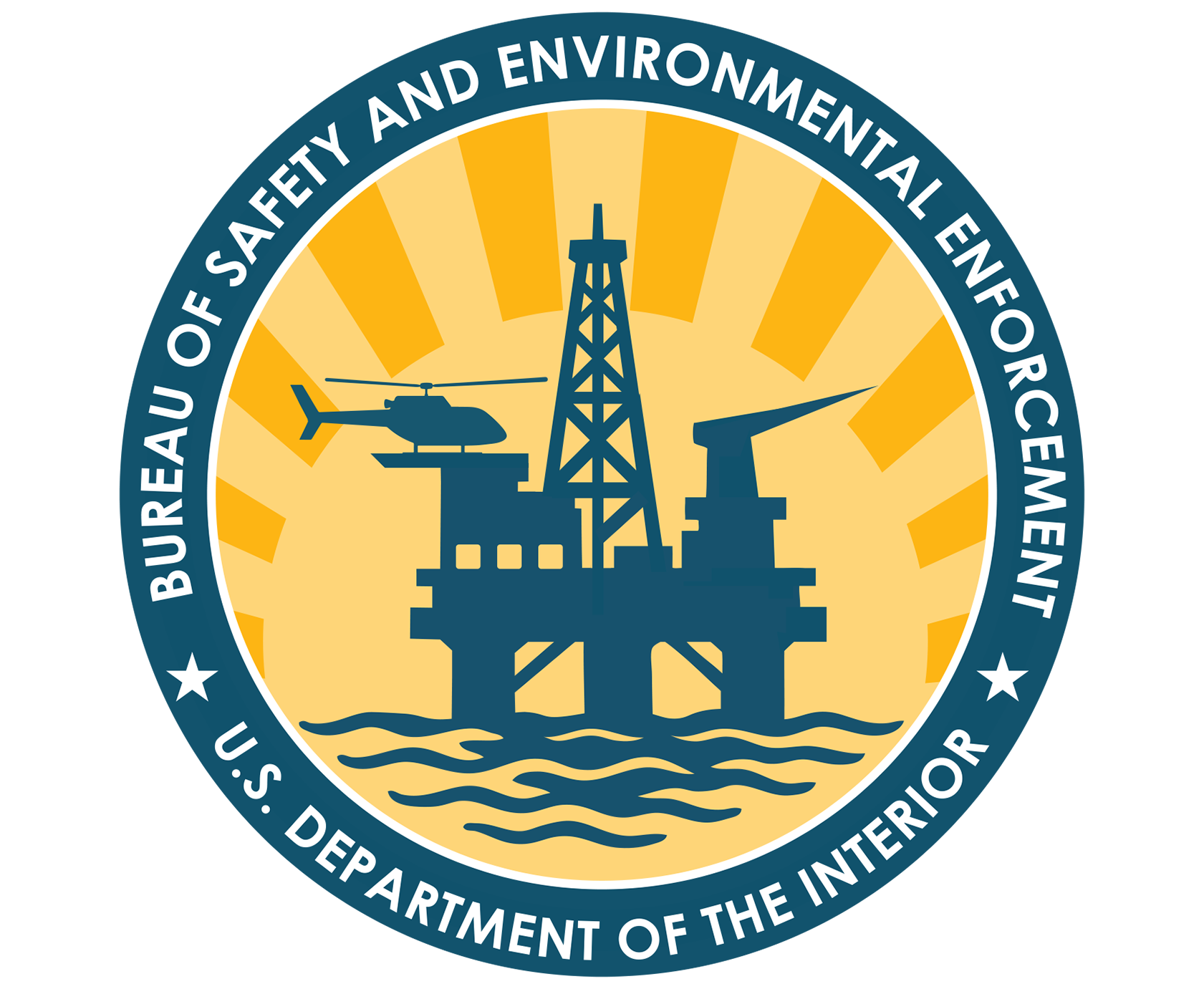You are viewing ARCHIVED content published online before Jan. 20, 2025. Please note that this content is NOT UPDATED,
and links may not work. Additionally, any previously issued diversity, equity, inclusion or gender-related guidance on
this webpage should be considered rescinded. For current information, visit
News Items | Bureau of Safety and Environmental Enforcement.
Originally Published by: Houston Chronicle
By: Bureau of Safety and Environmental Enforcement Director Scott A. Angelle

Why is the U.S. Outer Continental Shelf (OCS) so important? I get asked this question often, and it’s understandable — not many people realize that the OCS accounts for approximately 1 in 7 barrels, or 15 percent, of all oil produced in America — the top oil producer in the world. The vast majority of that comes from the Gulf of Mexico — a world-class energy province that has been fueling America for 70 years. In 2019, 15 percent of all U.S. crude oil was produced from wells located offshore in the federally administered waters of the Gulf of Mexico on the U.S. Outer Continental Shelf.
Under the leadership of President Donald Trump, who called for the implementation of new policies that would lead to American energy dominance, OCS production broke all offshore production records in the years 2018 and 2019.
In 2017, the OCS produced 619.8 million barrels of oil. That production rose to 647.2 million in 2018. By 2019, oil production reached its all-time high of 697.4 million barrels.
OCS activity not only supports our nation’s energy security, it also promotes economic stability and growth though the contributions of offshore operators who pay production royalties, annual rentals, bonus bids on the leases and inspection fees. These contributions from offshore oil and gas provide billions annually to the U.S. Treasury.
In 2017, the U.S. Treasury received over $3.8 billion in revenue from OCS oil and gas exploration and production. In 2018, it rose 36.8 percent to $5.2 billion. And in 2019, revenue increased again to $5.7 billion. From the Office of Natural Resources Revenue, U.S. Department of the Interior, U.S. Secretary of the Interior David Bernhardt described the importance and impact of this revenue when he said, “Disbursements paid to states and Tribes from oil lease revenues go right back to the communities where the energy was produced, providing critical funding for schools, public services, conservation, coastal restoration and infrastructure projects that create good-paying American jobs.”
President Trump’s Great American Outdoors Act proves naysayers on American energy ingenuity wrong: the development of non-renewable energy resources clearly contributes to the conservation and protection of our renewable natural resources. This act is the most significant public lands conservation legislation in 50 years, pledging to use royalties from offshore oil and gas to provide $1.9 billion each year, for the next five years, to protect and repair our priceless national parks and public lands. Generations of Americans will continue to enjoy our national parks, forests, wildlife refuges and more.
We owe a great deal of gratitude to the men and women of the offshore energy sector who wear the hard hats and steel-toed boots; who kiss their families goodbye and set out to the OCS to help fuel the country, and substantially help provide the revenue to improve our parks, forests, and wildlife refuges.
In 2019 alone, as reported by operators to the Bureau of Safety and Environmental Enforcement (BSEE), the offshore oil and gas industry recorded over 71 million hours-worked on the drilling rigs and production facilities. This breaks down to the equivalent of nearly 40,000 full time jobs and millions more supported indirectly. The American Petroleum Institute states that the oil and natural gas industry supports more than 10 million U.S. jobs.
Without a doubt, the OCS is a substantial contributor to our nation. But for its many benefits to be realized, offshore operations must be conducted safely and in an environmentally sustainable way.
The BSEE is uniquely authorized to promote and enforce safety on the OCS. We fulfill our statutory responsibilities through vigorous regulatory oversight and enforcement offshore, ensuring the OCS will remain productive. Further, our efforts ensure that offshore workers will experience the safest possible conditions to work in, that the environment is protected and that OCS resources are not wasted. We do what we do at BSEE so that OCS benefits can be enjoyed for generations to come.
So, when I’m asked why the OCS is important, I remind folks that every American is connected to it through reliance on energy for daily life. America uses offshore energy to travel to work and vacation destinations, to get our children to school, to keep our military mobile, to power our energy plants that provide us with the comforts of home and even to prepare our meals. We also rely on the revenue the OCS brings to the Treasury, which benefits our citizens in countless ways, and keeps our national economy strong.
##BSEE##
